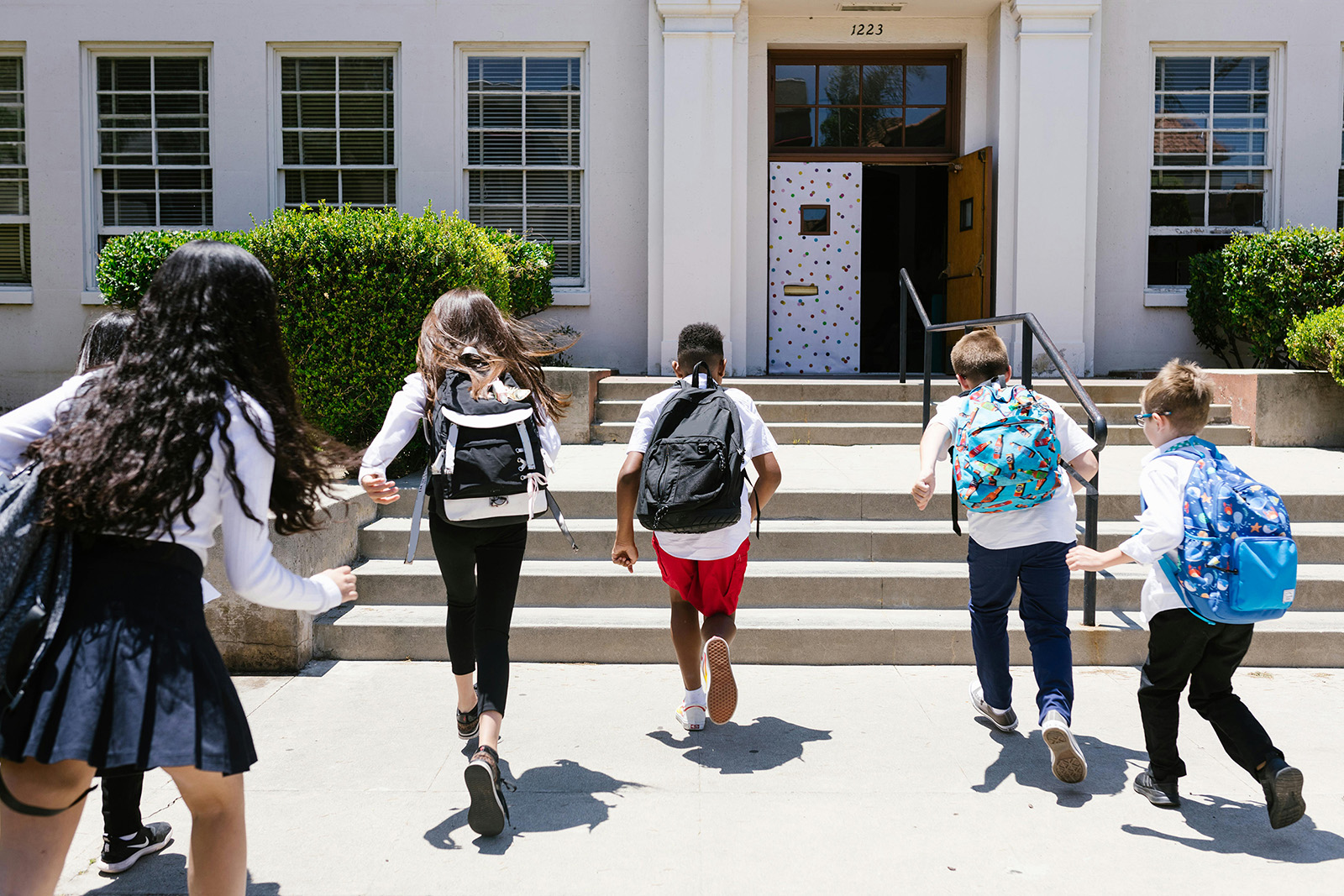(RNS) — Making America great must include defending vulnerable families with special needs.

(Photo by RDNE Stock Project/Pexels/Creative Commons)
Charles C. Camosy
November 20, 2024
This month’s column was co-authored with Sherif Moussa, who writes with expertise as a civil rights attorney and a professor of law and lecturer in philosophy at City University of New York Baruch College.
(RNS) — Legitimate, wide-ranging and foundational concerns regarding the U.S. Department of Education have been around for a long time. Calls to abolish it go back to 1980, when it was barely a year old and members of the incoming Ronald Reagan administration and the GOP quite seriously considered eliminating it. This year, President-elect Donald Trump and many in his MAGA circles have made eliminating the DOE a central plank of their campaign.
Trump and his backers obviously believe they now have a mandate to make these kinds of dramatic moves. We argue that cooler heads should prevail, especially for Catholics concerned about vulnerable disabled children who bear the face of Christ. Eliminating the DOE would have a deep and wide-ranging impact on this population. All Catholics, we believe, should push for reform of the DOE, not its destruction.
Pope Francis has emphasized the importance of “every Christian community [being] open to the presence of our brothers and sisters with disabilities.” The roots of this idea go back nearly a millennium, as the disability advocate Pamela Christensen has observed. Thomas Aquinas, the medieval philosopher and doctor of the church, “believed that a person’s disability … did not affect the imago Dei in that person nor arrest the work of God in them.”
Today, the U.S. bishops insist that the same cry Christ heard from the disabled people in ancient Judea and Samaria calls Catholics to “embrace our responsibility to our own disabled brothers and sisters in the United States.”
American Catholics and other Christians have helped to make sure our duty to the disabled is reflected in our public education system, primarily through educational law and the 1975 Individuals with Disabilities Education Act. The latter requires public schools to provide disabled children with a free appropriate public education. Previously known as the Education for Handicapped Children Act, the IDEA seeks to protect the rights of disabled children, who had long been “warehoused” or segregated from mainstream schools in a dark reflection of the abhorrent “separate but equal” doctrine overruled in the U.S. Supreme Court’s landmark Brown v. Board of Education case.
Since Jimmy Carter separated the department from its former home in the Department of Health, Education and Welfare in 1979, the DOE has played an important role in enforcing and safeguarding the civil rights of disabled students such as those guaranteed under the IDEA. While it doesn’t appear that the incoming Trump administration intends to repeal the IDEA, the successful abolition of the DOE may render the IDEA toothless.
Some Trump aides have stated their desire to hand some of the responsibilities of the department itself back to the states, where, if the dark past of education for children with disabilities is any guide, they would disappear, or at least put basic civil rights for disabled children at serious risk.
One might think that progressive cities such as New York would continue to lead on this front, but there is reason to think that wouldn’t be the case even there. In late 2021, New York transferred the adjudication of impartial hearings to OATH, the Office of Administrative Trials and Hearings, making the city effectively both the judge and the defendant at impartial hearings in which parents of disabled children seek funding for tuition and services. Before resigning last month, the city’s top official chancellor expressed interest in cutting funding for private schools for students with disabilities.
The system under the federal DOE is not perfect. Many families of disabled children are not served well by the current arrangement, which sometimes brings families to the breaking point before they can recover reimbursement. The Trump administration would be right to focus on significant reform, as long as its reform keeps the welfare of children — and especially marginalized disabled children — front and center.
With two months to go before it becomes a reality, the Trump administration may well fail to follow through on its threat to scrap the DOE, but its survival depends on how aggressive the just-named co-commissioner of the new Department of Government Efficiency, Elon Musk, who seems to be agitating for it, is allowed to be.
But there are others in the incoming administration — such as Vice President-elect JD Vance, who has worked to help families with disabled children — who may see that making America great must include defending vulnerable families with special needs. Here’s hoping that they prevail.
No comments:
Post a Comment